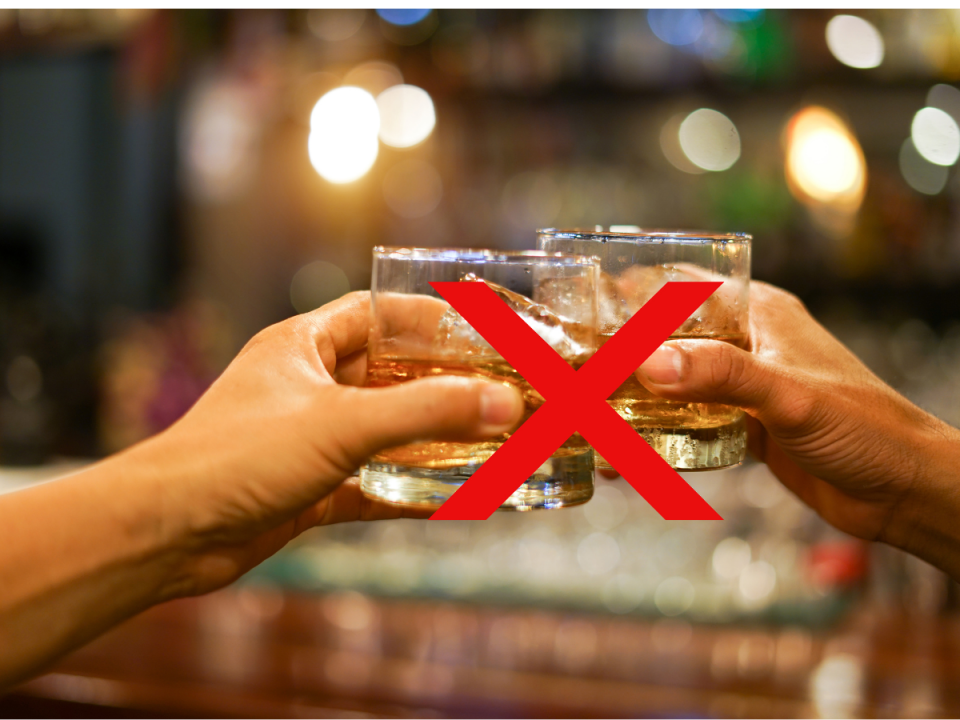Most of us would probably agree that our drinking habits became a little out of control, at least towards the beginning of the Corona outbreak. One Martini was rapidly followed by two or three when working from home because drinks were provided earlier and earlier in the day.
Many individuals are beginning to understand that it’s time to cut back on drinking when they return to work and their social lives resume a modicum of routine. Some people have even completely given up drinking. In fact, 22% of consumers are reducing their alcohol use, according to a 2021 NielsenIQ study. They don’t go out as often as they used to, according to respondents, and they want to live a healthy lifestyle.
So, if it truly is time to kick back from all that liquor what will happen to our bodies?
After you stop drinking, it’s usual to feel nauseous or have an upset stomach. Some individuals may experience growing or fluctuating anxiety after sobering up but that is only a couple of negatives to millions of positives.
Once you stop drinking, don’t be shocked if you feel better rested when you wake up.
Numerous skin disorders and alcohol usage have been linked in-depth by researchers. Alcohol is a diuretic, which means it speeds up the process by which your body eliminates water through urination. In other words, it might cause you to get dehydrated, leaving you with dull, dry skin. Alcohol can also raise your risk of skin infections since it weakens the immune system and decreases the body’s capacity to absorb nutrients that benefit the skin. Additionally, drinking also contributes to face flushing.
It shouldn’t be a huge surprise that weight loss is a common side effect of quitting drinking given the absurdly high calorie, sugar, and carb contents in many alcoholic beverages.
Keep in mind that most of these adverse effects are transient and will disappear as your body gets used to not consuming alcohol. Make an appointment with your primary care physician if, however, they don’t go away within a few weeks and are having a detrimental impact on your quality of life, employment, relationships, or general mental health.
Your doctor can evaluate your general health to identify the root of your symptoms and make treatment recommendations. After quitting drinking, it is advised to take a multivitamin, particularly one that contains Vitamin B1, since this can help to lessen some symptoms that develop or get worse as a consequence of nutrient shortages. Stop drinking for a better life or at least monitor your consumption.
